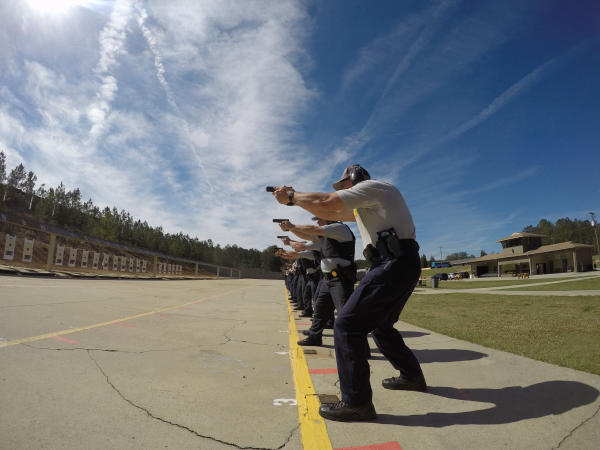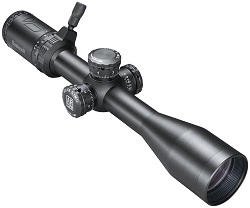
From Jim Shepherd comes this tribute.
Over the past weekend, we all lost a good friend. R. Lee Ermey, 74, movie actor, Marine and, NRA Board Member and Second Amendment champion died unexpectedly from complications from pneumonia.
Before I even met R. Lee Ermey, I was intimidated. His legendary tirade at recruits in Stanley Kubrick’s Full Metal Jacket was the same kind I’d heard in Fort Knox, Kentucky, Camp Shelby, Mississippi and other places as recruits were “motivated” by drill instructors/sergeants.
And I knew that “Gunny” hadn’t memorized the “colorful” invective he released on those unsuspecting Hollywood “snowflakes”. It wasn’t scripted.
Ermey had told the director he intended to intimidate “his” actors/recruits, so he used the time-tested technique of USMC gunnery sergeants. And it worked. So well that “what is your major malfunction” became part of the language.
Thoughtful and intelligent, Lee was capable of a variety of roles, but he found himself steadily working in movies where strong, authoritative figures were needed.
And, he told me more than once, he relished the work ( he also joked the money wasn’t bad, either).
We first met at an NRA Annual Meeting, with lines of fans queued up outside the GLOCK booth to get a photo, autograph and a few seconds of conversation with him. That’s also where I got the first signs there might be more humanity in Lee Ermey than his roles suggested.
He was polite to everyone, but veterans, especially ones who looked like they still wore the scars of their service, got special treatment. He took time to joke, pose for photos and never failed to thank them for their service. He was equally warm with children, and downright jocular with families.
I asked him how he managed to keep his sanity while signing, smiling, gripping and grinning for hours at a stretch.
“Well, hell,” he thundered, “I thought you were some kind of a serious journalist and you ask me some dumb-bunny question like that?”
When the color drained out of my face, he laughed an equally uninhibited laugh before explaining that “if these people didn’t want to see me, I wouldn’t be working in movies. Then….I’d have to find a real job.”
Through brief conversations over the years, I discovered that he wasn’t really that much different from the rest of our generation. We all had families, jobs (although his was much more fun than most) and shared a deep, abiding love for our country and respect for those who had served.
Ermey had an extra warm spot for his fellow Vietnam vets.
After agreeing to meet him at the opening of a friend’s gun store in Hoover, Alabama, I found myself waiting impatiently while he spent the time we had set aside with a group of Vietnam vets. They’d traveled three hours – each way- to shake his hand and present him one of their group flags. To Lee Ermey, that was a significant investment that merited his undivided attention.
“Aw, loosen up,” he told me, “you don’t want anything important anyway.” Later, he thanked me, confiding, “they’re still dealing, and if my visiting with them helps , I’m going to.”
Ours was a pretty stiff reporter/interviewer relationship until someone mentioned in passing that I’d been involved in the Golf Channel. At that point, Ermey’s frost started to melt.
“No kidding,” he said, “you were involved in the Golf Channel? Hell, I watch that all the time.”
Yep, Ermey loved to golf. After that, it wasn’t the normal squinty-eyed “what the hell do you want” “Gunny” greeting.
It became “how’s your golf game” or “still lying about your handicap, you cheat?”
Instead of TV or military stuff, we talked drivers, short irons (he said he lacked the time to practice them, otherwise, “I’d beat your butt”) and putters. But he liked hearing stories from “inside the ropes”.
Movies and movie people were what he did for a living. To him, Nicklaus and Palmer were celebrities.
In fact, the last time I saw him, we’d talked about getting him to SHOT Show early enough to play again in the HAVA golf tournament. For Ermey, the chance to play golf while helping fellow veterans was an attractive idea.
He also said he wanted a rematch, now that I was “old and creaky while he was still virile and manly.”
We never had the chance, but I can’t help but smile at the thoughts of how much fun that round could have been. With his occasionally erratic swing and the “colorful” language of my favorite favorite former Drill Instructor, it would have been, like most time spent with him, memorable.
Happy trails, Gunny, we’ll all miss you.







